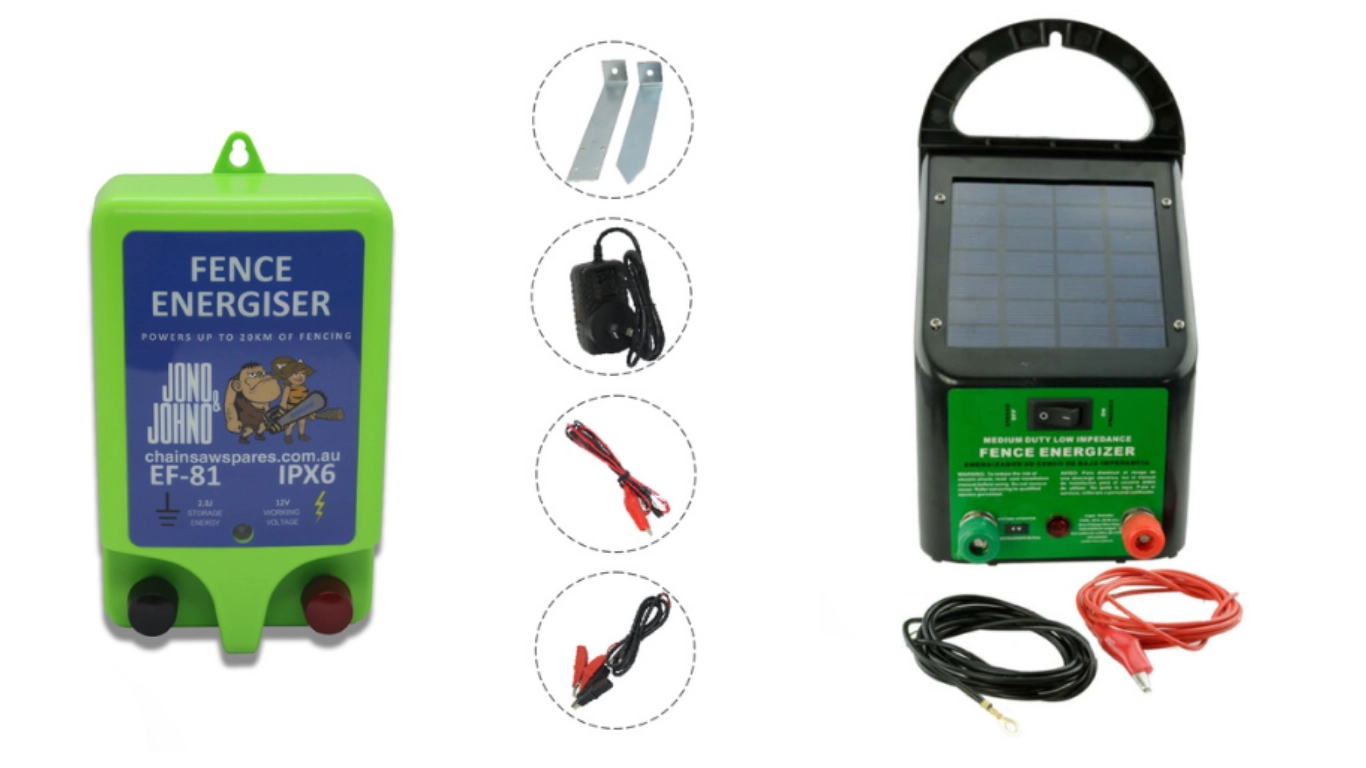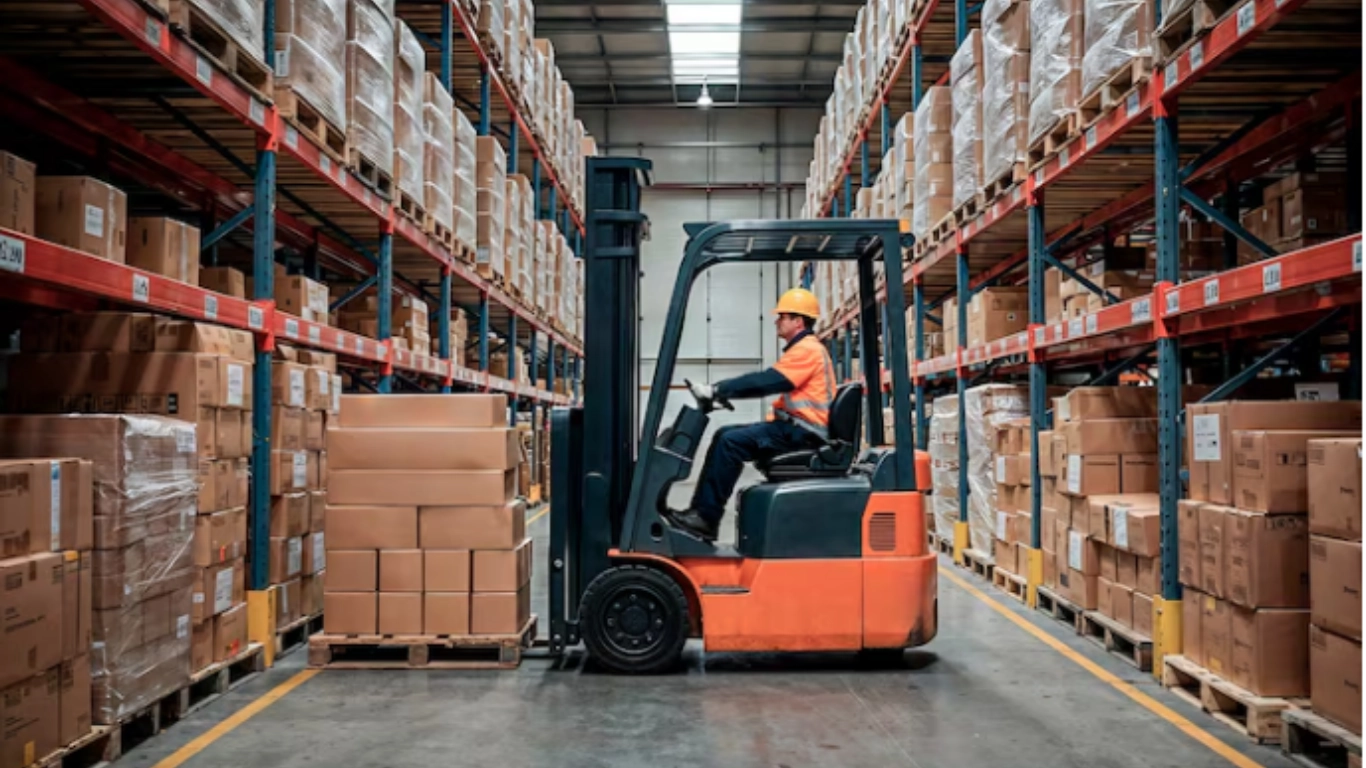Computer shopping feels overwhelming these days. Walk into any electronics shop and you’re bombarded with specifications that sound like a foreign language.
The truth about computer prices in Kenya isn’t what most people expect. Everyone focuses on the price tag, but that’s just the beginning of what you’ll actually spend.
Why Cheap Computers Cost More
Remember that colleague who bought a KSh 22,000 laptop last year? Three months later, they were complaining about slow performance. Six months in, the hard drive failed.
Cheap computers create a cycle. You buy one thinking you’ve saved money. Then you spend weekends troubleshooting problems instead of getting work done. Eventually, you replace it within eighteen months.
I’ve watched this happen repeatedly. People try to save Ksh 20,000 upfront and end up spending Ksh 60,000 over two years.
The psychology works against us. We see a low price and feel smart about our purchase. That feeling disappears when the machine struggles with basic tasks.
What Actually Matters for Kenyan Users
Forget what the adverts say about gaming graphics and professional video editing. Most of us need computers for straightforward tasks.
Your typical day probably involves:
- Checking emails and browsing websites
- Working with documents and spreadsheets
- Streaming videos during lunch breaks
- Online banking and shopping
- Maybe some light photo editing
A decent computer handles these without breaking a sweat. You don’t need the latest processor or excessive amounts of memory.
The sweet spot sits between Ksh 50,000 and Ksh 75,000 for most people. Below that range, you’re gambling with reliability. Above it, you’re paying for capabilities you won’t use.
Real Prices Beyond the Marketing
Desktop computers start around KSh 38,000 for basic configurations. These work fine for office tasks, but feel sluggish when multiple applications are running.
Mid-range desktops cost Ksh 55,000 to Ksh 70,000. They offer better performance and last longer before becoming obsolete.
Laptops command higher prices for equivalent performance. Entry-level models begin at Ksh 42,000. Business-grade laptops range from Ksh 58,000 to Ksh 90,000.
But here’s what catches people off guard. The computer itself represents maybe 70% of your total investment.
Software licences add up quickly. Antivirus protection costs KSh 3,500 annually. Microsoft Office subscriptions run KSh 6,200 yearly. Even basic productivity software can push your budget up by KSh 15,000 in year one.
The Hidden Infrastructure Costs
Kenya’s power grid presents unique challenges. Anyone who’s lost work during an unexpected power cut knows this frustration.
An uninterruptible power supply becomes essential, not optional. Quality units cost between Ksh 8,500 and Ksh 13,000. This isn’t optional equipment here.
I learnt this lesson during a presentation to potential clients. The power went out mid-sentence. My laptop battery was nearly dead. The meeting ended awkwardly, and we didn’t get that contract.
Surge protectors, backup storage, and decent cables add another Ksh 5,000 to Ksh 8,000. These seem like small expenses until you need them.
When to Buy and When to Wait
Computer prices fluctuate more than people realise. January typically brings higher prices as suppliers recover from the holiday season inventory.
March and April sometimes offer better value. School purchasing cycles affect availability rather than prices during these months.
November sales can deliver genuine savings, but you need to know regular prices beforehand. Some retailers inflate prices in October, then apply “discounts” that bring them back to normal levels.
The best deals often come from timing rather than endless shopping.
Innovative Approaches to Computer Budgeting
Start by listing what you actually do on computers. Be honest about your usage patterns. Don’t plan for activities you might do someday.
Allocate 25% extra for accessories and software. This prevents budget shock when you discover everything else you need.
Consider ex-corporate machines. Many businesses refresh computers every three years regardless of condition. These often outperform new budget models while costing significantly less.
Think about your replacement timeline. A computer lasting four years costs less annually than one lasting eighteen months, even with a higher upfront price.
Making Sense of Technical Specifications
Processor speed matters less than processor generation. A newer, slower chip often outperforms an older, faster one.
Memory matters more than most people expect. 8GB handles typical usage comfortably. 4GB feels restrictive with modern software and websites.
Storage type affects daily experience dramatically. Traditional hard drives feel sluggish compared to solid-state alternatives, even in budget computers.
Don’t get caught up in specification comparisons. Focus on real-world performance for your specific needs.
The Decision Framework
Most computer purchases involve too much research and not enough decision-making. People spend weeks comparing options, then buy whatever happens to be discounted.
Try this approach instead: set your maximum budget, research three options within that range, then choose based on warranty and local support availability.
Extended warranties sometimes make sense in Kenya’s challenging environment. Factor this into your decision, especially for laptops.
Local support beats online reviews every time. A computer that works reliably matters more than having cutting-edge features.
Your Investment Strategy
Budget between Ksh 65,000 and Ksh 85,000 total for a dependable setup that handles typical usage without frustration. This covers the computer, essential software, protection equipment, and accessories.
Spending less usually means compromising on longevity or performance. Spending more often means paying for unused capabilities.
The goal isn’t finding the cheapest computer or the most powerful one. It’s finding the right balance between cost, reliability, and meeting your actual needs.
This represents an investment in your productivity, education, or business success. Make the decision thoughtfully, considering your circumstances and requirements.







